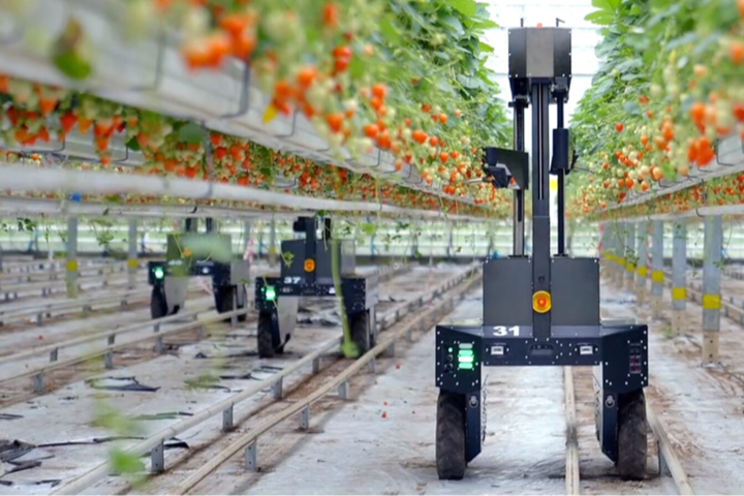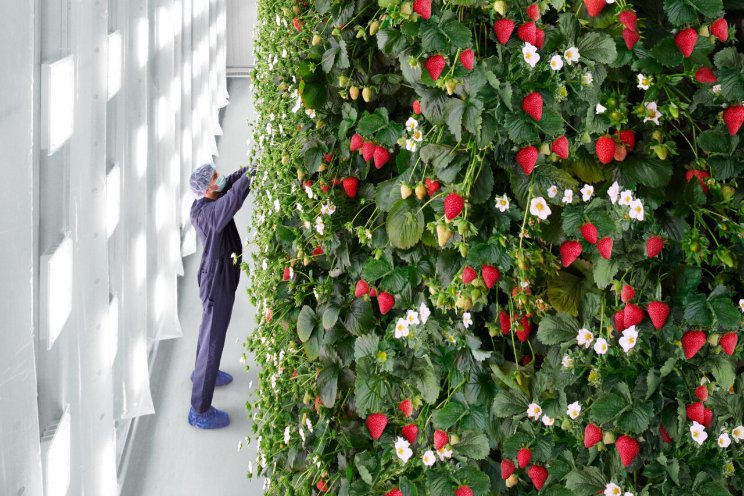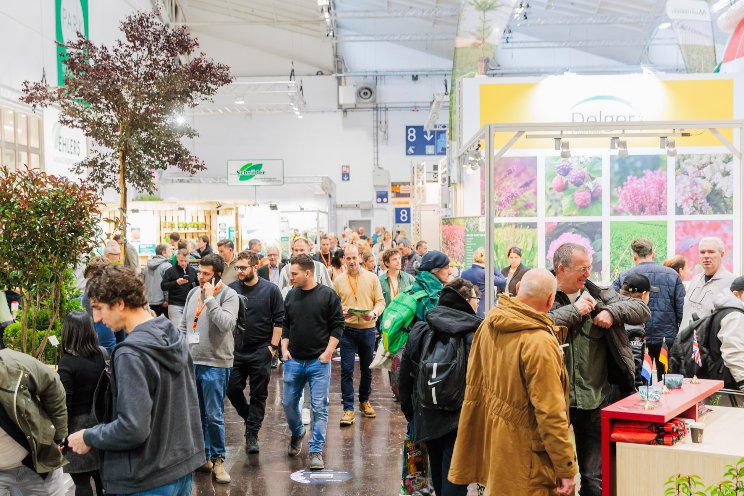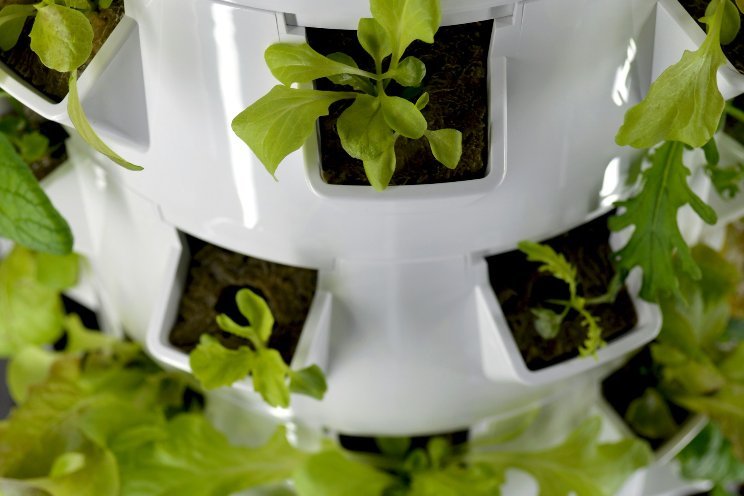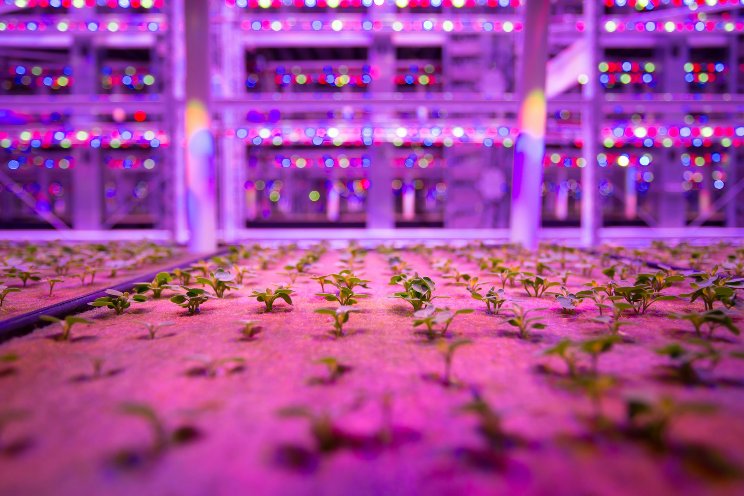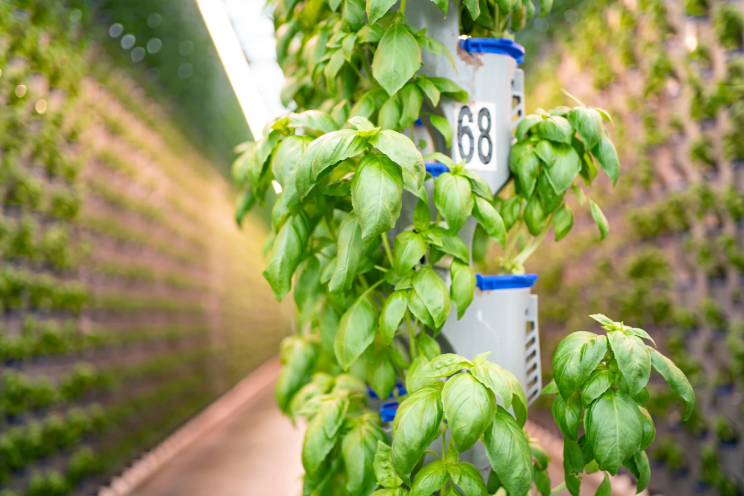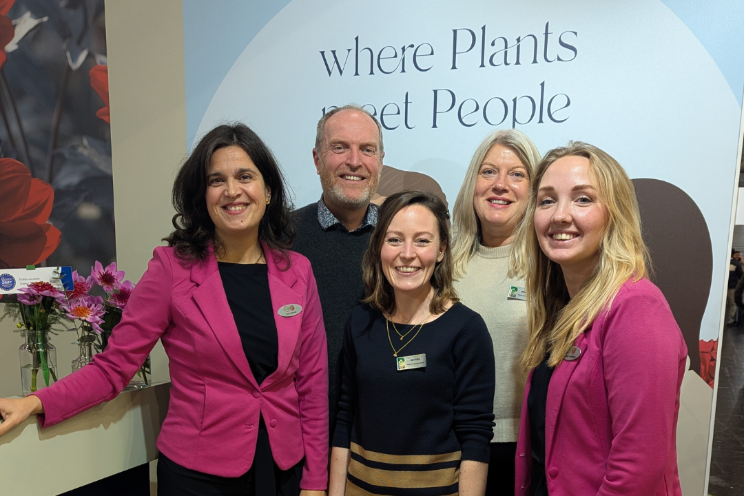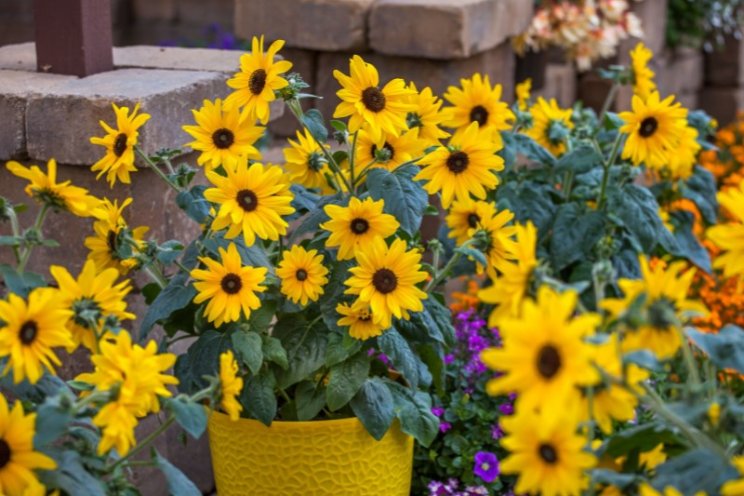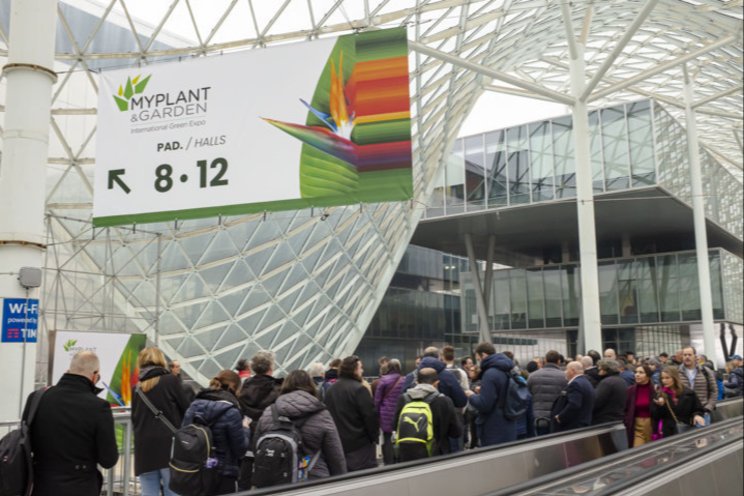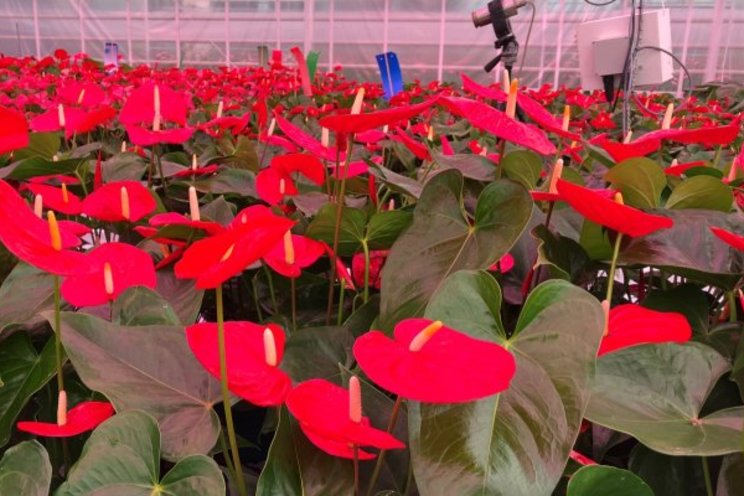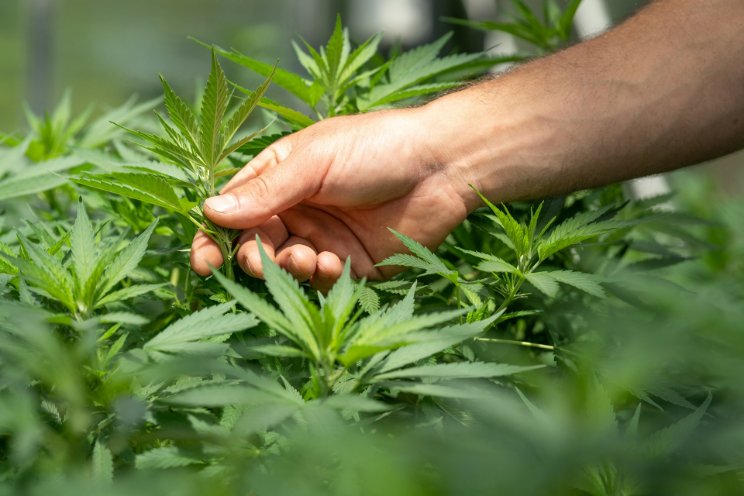Consumers divided over expected purchasing power
Added on 20 February 2023

After the first survey in May of this year, the Consumer Prices Index (CPI) in the UK rose by around nine percent to 11.1 percent by October. It also increased in the other countries during the same time period. To gain an insight into the effect of inflation on anticipated purchasing behaviour, the survey was repeated during the last week of October. A total of 1,666 consumers in the four study countries completed the online questionnaire as part of a representative sample.
One third expects reduced purchasing power
Ever increasing inflation is causing a large group of consumers to have concerns about their own financial situation. One third (34%) believes that their situation has worsened over the past six months and 34 percent expects this to happen within the next six months. Of all respondents, 42 percent do not expect their financial situation to worsen during this time period. In contrast, 14 percent have actually improved their financial position and 16 percent expect an improvement in the next six months. These percentages have decreased marginally since the survey in May.
Photo Courtesy of Flower Council
More news
